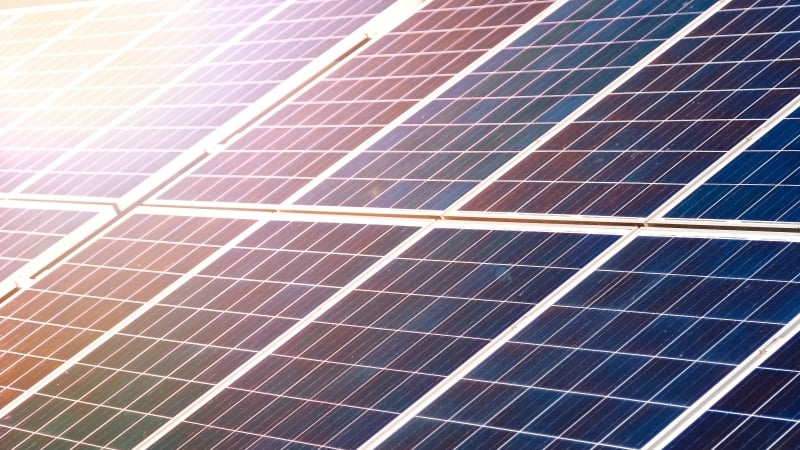In the world of renewable energy, terms like "solar panel" and "solar module" are often used interchangeably, leading to confusion among consumers and enthusiasts alike. While both terminologies describe components of solar energy systems, there are subtle distinctions worth exploring.
Solar panels, commonly known as photovoltaic (PV) panels, are the individual units that capture sunlight and convert it into electricity through the photovoltaic effect. Each panel comprises multiple solar cells made of semiconductor materials like silicon, which generate direct current (DC) electricity when exposed to sunlight. More information about solar panels can be found in our Solar Panel learning center section.
On the other hand, solar modules encompass a broader concept. They typically consist of multiple solar panels connected together to form a larger unit. This consolidation of panels into modules allows for easier installation and handling, especially in large-scale solar projects. Therefore, while a solar panel refers to an individual unit, a solar module comprises multiple panels working together to harness solar energy efficiently.
Despite this technical difference, the terms "solar panel" and "solar module" are often used interchangeably in casual conversation and industry literature. However, understanding their nuanced distinctions can empower consumers and industry professionals to make informed decisions when designing, installing, or purchasing solar energy systems.
For comprehensive information on solar panels, solar modules, and other aspects of renewable energy technology, explore our website's resources and expert guides. We're dedicated to providing accurate, accessible information to help you navigate the exciting world of solar energy.
 Solar Modules versus Solar Panels
Solar Modules versus Solar Panels
